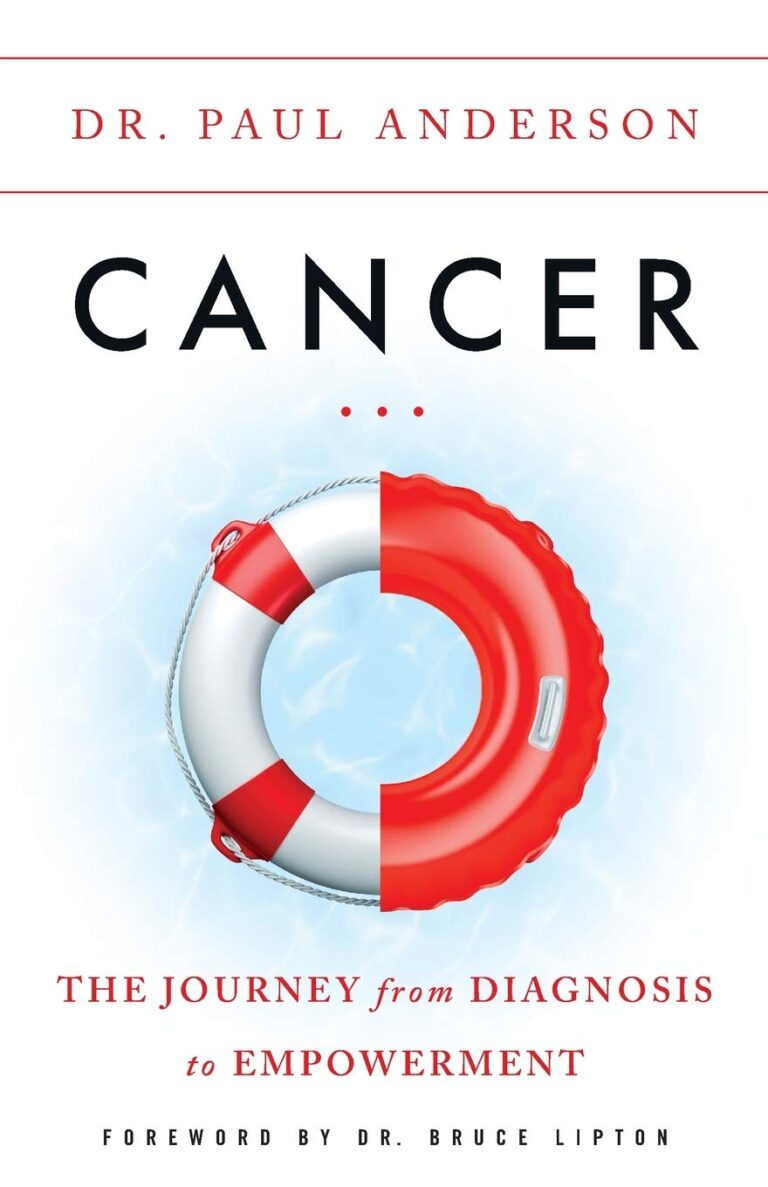In the poignant and semi-autobiographical novel penned by the renowned Russian Nobel laureate, Aleksandr Solzhenitsyn, we are transported to the somber setting of a Soviet cancer ward, a microcosm of post-Stalinist Russia’s turmoil and transformation.
“Cancer Ward” stands as a towering allegorical masterpiece, skillfully intertwining two narratives. Firstly, it offers a profound exploration of the human condition, compassionately delving into the lives of individuals grappling with terminal illness. Simultaneously, it serves as a searing critique of the malignant Soviet police state, dissecting its corrosive influence on society.
Solzhenitsyn’s work has drawn comparisons to another Nobel laureate’s magnum opus, “The Magic Mountain” by Thomas Mann. This literary tour de force unfolds within the confines of a provincial Soviet hospital’s cancer ward in the year 1955, just two years after the death of Joseph Stalin. The central character, Oleg Kostoglotov, bears a striking resemblance to the author’s own experiences. Solzhenitsyn, having endured incarceration in a labor camp, found himself a patient in a cancer ward during the mid-1950s, eventually emerging victorious over his affliction. However, the brilliance of “Cancer Ward” extends beyond the individual to encompass a captivating ensemble of patients, offering a mesmerizing cross-section of Russian society, complete with its diverse characters and shifting attitudes, both in normal circumstances and under the glaring shadow of impending illness.
As a seminal work from one of the twentieth century’s most influential literary voices, “Cancer Ward” presents an extraordinary portrayal of life within the Soviet Union. Solzhenitsyn’s narrative is not only a gripping exploration of humanity’s resilience in the face of mortality but also an incisive commentary on the complex web of relationships and societal dynamics that defined an era. Through the pages of this timeless novel, readers gain a profound insight into the tumultuous landscapes of post-Stalinist Russia and the unwavering spirit of those who navigated its treacherous terrain.


















Comments
Thank you. Comment sent for approval.
Something is wrong, try again later